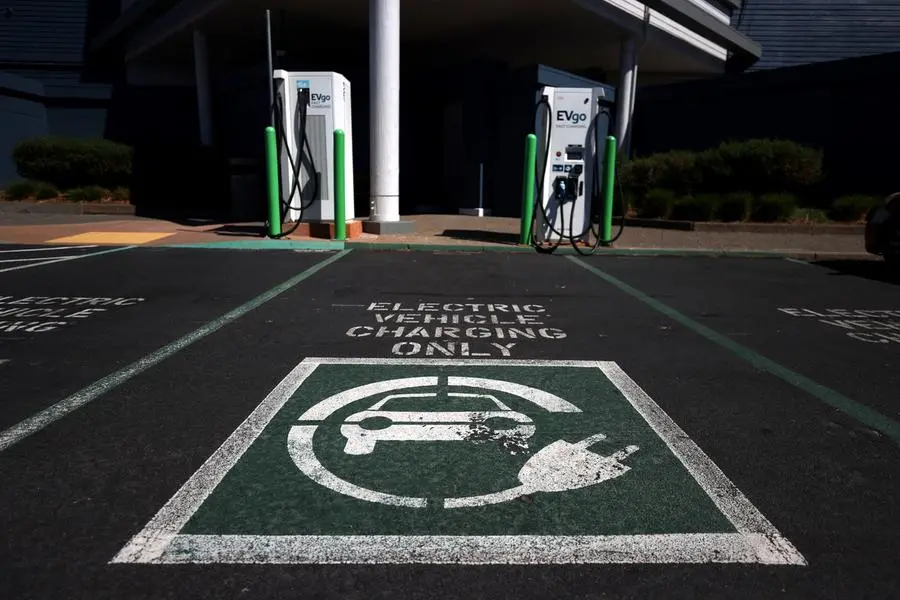PHOTO
Marisa Lago, the United States Under Secretary of Commerce for International Trade, has identified four barriers to the adoption of electric vehicles (EVs) in Nigeria.
The Under Secretary was speaking during a Microsoft Garage Electric Vehicle Hackathon in Lagos on Tuesday.
Lago said, “To state the obvious, the transition to EVs present a tremendous opportunity to drive innovation in the automotive sector and provide good paying jobs for Nigerians, while simultaneously addressing climate change and reducing dependence on fossil fuels. Now that is a virtuous cycle.
Related Posts When cancer is better than malaria Care for the poor in Nigeria: The fuel subsidy test Vaginal cream containing beetroot and onion effective against yeast infection
“The reality, though, is that, to fully realise this potential, we must identify and overcome the barriers that are standing in our way.”
According to the under secretary, to achieve widespread EV adoption will require these four things:
“First, supportive infrastructure is crucial for widespread adoption of EVs. The availability of charging stations is a fundamental aspect of the enabling environment for an EV industry to thrive. But, there is a chicken-and-egg conundrum since companies are not likely to invest in charging infrastructure until there’s a critical mass of EV drivers. Equally individuals will be reluctant to buy EVs until there is a reasonable recharging infrastructure.
“Second, the cost of EVs, which are still relatively high compared to conventional vehicles, remains another significant barrier. Can these costs be reduced through local manufacturing, targeted investment in R&D, or collaborations with industry leaders from around the world to achieve economies of scale?
“Third, to attract both domestic and foreign players in the sector, it will be critical to have a supportive regulatory framework of consistent policies, standards and regulations that are aligned with international best practices that encourage investment and innovation.
“Fourth, in addition to advancing EV technology, we must equip the workforce with the education and skills necessary to support the growth of the industry. A skilled workforce can fill the employment opportunities generated by the growth of the sector, positioning Nigeria as a regional hub for manufacturing, maintenance and technology development.”
Under Secretary Marisa Lago is leading a Global Diversity Export Initiative (GDEI) Trade Mission to Nigeria from August 13 to 15.
Copyright © 2022 Nigerian Tribune Provided by SyndiGate Media Inc. (Syndigate.info).




















